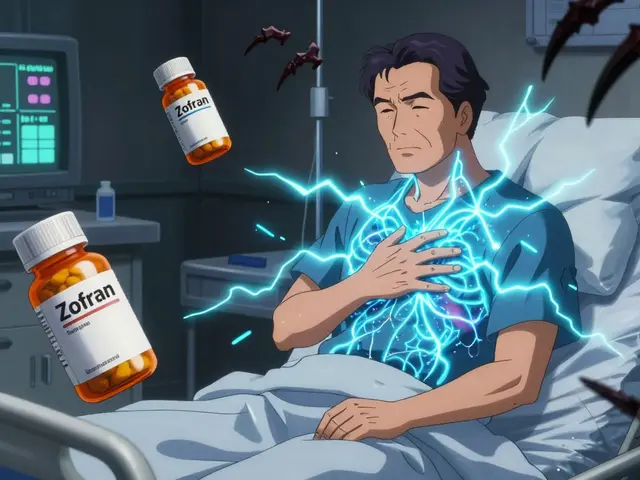Pandemic Preparedness: Smart Steps for Your Meds & Health
Pandemics throw routines out the window. You don’t need to panic-buy or hoard, but a clear plan for medications, supplies, and care makes life easier and safer for you and the people around you.
Medication planning that actually works
Start small: list every prescription and important over-the-counter drug you use. Include dose, how often you take it, and contact details for your prescriber and pharmacy. If you rely on daily meds, ask your doctor about a longer prescription or a timed refill to cover interruptions—many clinics now permit 60–90 day supplies in emergencies.
Know alternatives. For each prescription note at least one substitute (generic name is best). Pharmacies may run low on brand-name drugs during spikes in demand. If you use inhalers, insulins, or injectables, learn storage rules and ask your pharmacist about approved alternatives and interchangeability.
Keep a safe emergency kit with 7–14 days of meds when possible. Store them in a cool, dry place and rotate older supplies into daily use so nothing expires unused. Label the kit with names, doses, and any allergies to avoid confusion if someone else has to help.
Supplies, telehealth, and everyday care
Beyond meds, include fever reducers, electrolyte solutions, a digital thermometer, wound care items, and basic first-aid supplies. Don’t forget personal items like contact solution, inhaler spacers, or syringes if you use them. A printed copy of your medical history and a list of emergency contacts belong in the kit.
Use telehealth early. Many clinics and pharmacies offer phone or video visits and electronic prescriptions. Telehealth saves trips, reduces exposure, and often speeds up access to refills. If you haven’t used it before, practice once so you're comfortable with the app or phone system ahead of time.
Mental health matters. Pandemics raise stress and isolation. Keep a short list of coping tools—breathing exercises, a therapist’s number, trusted friends, and simple routines. If you take psychiatric meds, make sure the emergency supply covers appointments or delays.
Community matters. Check if neighbors or local groups have shared resources, volunteer delivery services, or pharmacy pick-up options for people who can’t leave home. Volunteering to help one person now builds goodwill that might help you later.
Finally, avoid extremes. Don’t hoard; buy what you need and what you can use. Clear lists, trusted contacts, a small emergency kit, and knowing how to get care remotely keep you ready without stress. If you want, I can help you build a printable medication list or a shopping checklist for your kit.





